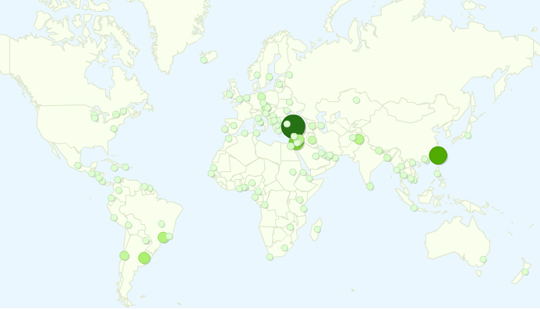News from the Financial Times yesterday that Telegraph.co.uk could start charging for content prompts this post from Seamus McCauley on why a Telegraph paywall might just work at this time:
The paywall strategy makes sense for the Telegraph if its management believes two things.
First, that the online news landscape is changing so that professional news – especially, perhaps, professional conservative newspaper journalism – becomes markedly scarcer online … Second, that the Telegraph’s current monetisation strategy – which is to attract a mass audience and show them display and search ads – is coming to an end.
There’s much more detail behind this arguments, so its worth reading the full post on virtualeconomics at this link…
